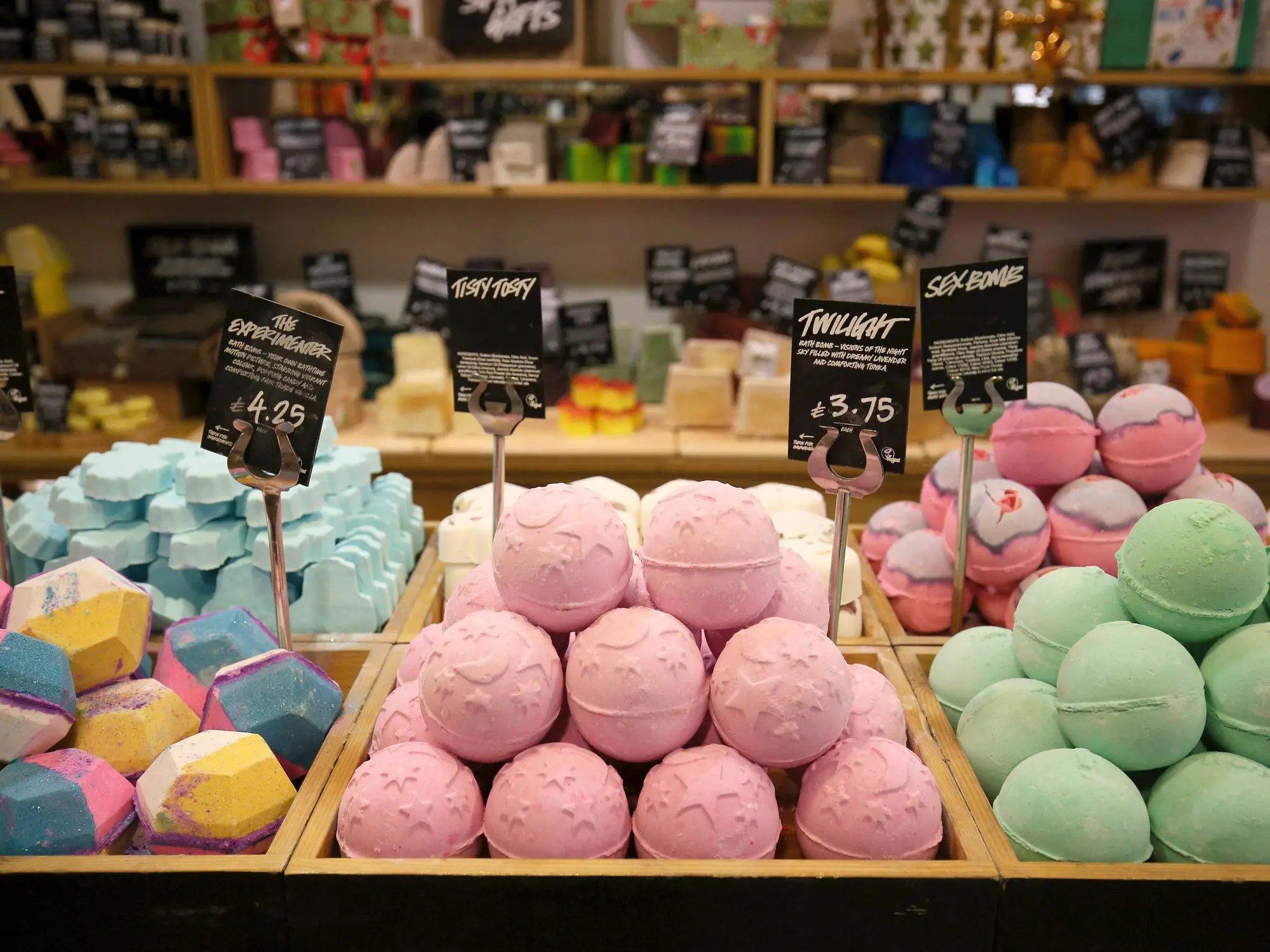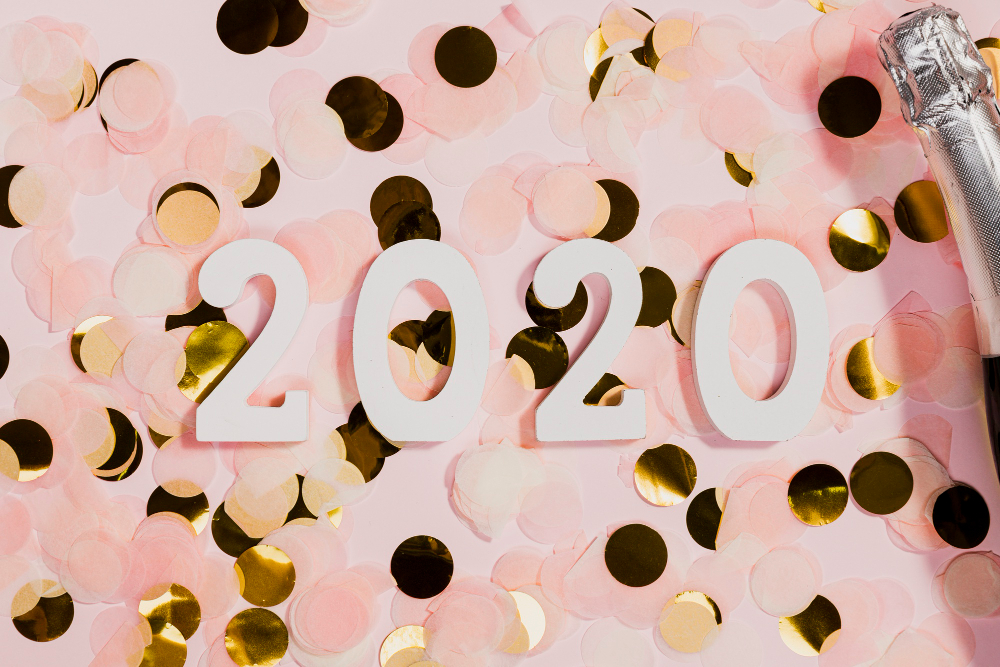Biggest Brand Moments of 2019
With 2019 in the rearview, we wanted to take a moment to look at some of the best and worst brand moments from the past year. We’ve plucked some of our favorites from the food and wellness industry to highlight, and we’ll take a look at what their success (or failure) can teach us as we move into the new decade.
The Chicken Wars
Y'all out here fighting about which of these fools has the second best chicken sandwich. pic.twitter.com/4v9RJFgy0T
— Wendy's (@Wendys) August 19, 2019
Social media platforms like Twitter have been increasingly creating moments for competitor brands to take subtle, or not-so-subtle, digs at one another in front of 126 million active users. Fall 2019’s Chicken Wars served as a prime example of nimble marketers and social media staffers ready to capture market share with witty one-liners and jabs at their frenemies. With the arrival (and subsequent sell-out) of Popeye’s Crispy Chicken Sandwich going viral, Wendy’s and Chick-fil-A quickly hopped on the hype-train to promote their poultry-powered offerings. In all, this was a great moment for the fast-food industry as a whole. In a time when fast-food chains are frantically trying to keep up with changing consumer tastes, these chicken champions used their witty social media personas to win internet fame and boost sales.
Guac-stars of TikTok
Chipotle made history in 2019 as the first major food brand to run a promotional campaign on TikTok with its Lid Flip Challenge. The challenge took off in a hurry thanks to Chipotle’s use of TikTok influencers and the simplicity of the idea, garnering over 280 million views since the campaign began in May. Chipotle undoubtedly did their homework on TikTok before committing ad dollars to this campaign, and that deep understanding of the platform paid off in a big way. Chipotle’s willingness to take a chance on an emerging platform and meet their Gen Z dominated consumer base where they’re at has helped cement the brand as America’s leading burrito chain. Foresighted moves and calculated risks like this can help separate brands from their competitors and win over the public.
Peloton Slips Off the Pedals
Fitness giant Peloton found themselves going viral for all the wrong reasons during the holiday season of 2019. Their ad spot featuring a pseudo-UGC story of a woman who was gifted an exercise bike for Christmas by her significant other, only to have it “change her life” over the course of the year. Social media users were quick to call the brand out for the problematic nature and generally tone-deaf messaging of the ad. In addition to the public outcry to the ad, Peloton’s stock saw an unremarkable holiday season — especially when compared to 2018.
Aviation Gin, owned by Hollywood’s Ryan Reynolds, took the opportunity to capitalize on Peloton’s failure by hiring the same actress for a sequel of sorts. Aviation’s quick action and sense of humor won them a healthy dose of virality and showed it’s possible to turn an objective failure for one brand into a success story for another.
Lush Got Fed Up with Feeds

Lush Cosmetics made arguably the most noteworthy move in 2019 by ditching their social media accounts altogether, opting for a user-generated brand community instead. The company claimed that social media was making it harder, not easier, for their customers to communicate and be heard by the brand. Lush shuttered their UK Instagram, Twitter, and Facebook accounts in April in an effort to focus on their #LushCommunity, instead of content creation and calendars. The jury’s still out on whether this move should be classified as a ‘best’ moment or a ‘worst’ brand moment in 2019. It’s a gutsy move, but as consumers are becoming increasingly burnt out on social media content, it may be a move that puts Lush on the cutting edge of B2C interactions.
2019 was a banner year for brands on social media, as influencer and social media marketing continue to dominate brand spending. This trend will undoubtedly continue into the next decade, but brands that can make decisions based on a deep understanding of their consumer base will continue to reign supreme. In 2020, brands that can be nimble in their messaging and use of emerging platforms will likely distance themselves from those who are just ticking the boxes of digital marketing.
For media inquiries please email fwt@room214.com


Comments